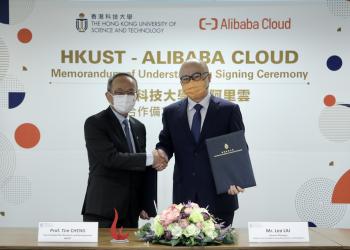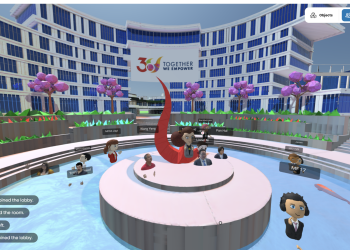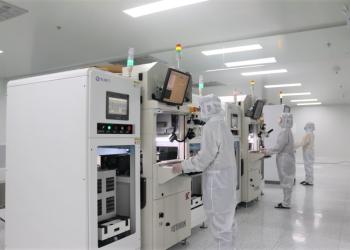News & Stories
2022
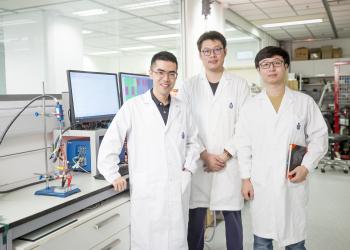
News
HKUST Researchers Develop Nanoporous Zinc Electrodes that Make Primary Alkaline Zinc Batteries Rechargeable
A research team at The Hong Kong University of Science and Technology (HKUST) has developed a new electrode design that is set to enable the rechargeability of alkaline zinc batteries, one of the most common types of non-rechargeable batteries used in our daily lives, shedding light on a wider application of rechargeable batteries.
Batteries are ever important in the age of smart cities and global digitalization. Yet, a majority of batteries in the market are not rechargeable, or called primary batteries. They are disposed after a single use, an unsustainable practice that poses a serious threat to the environment.
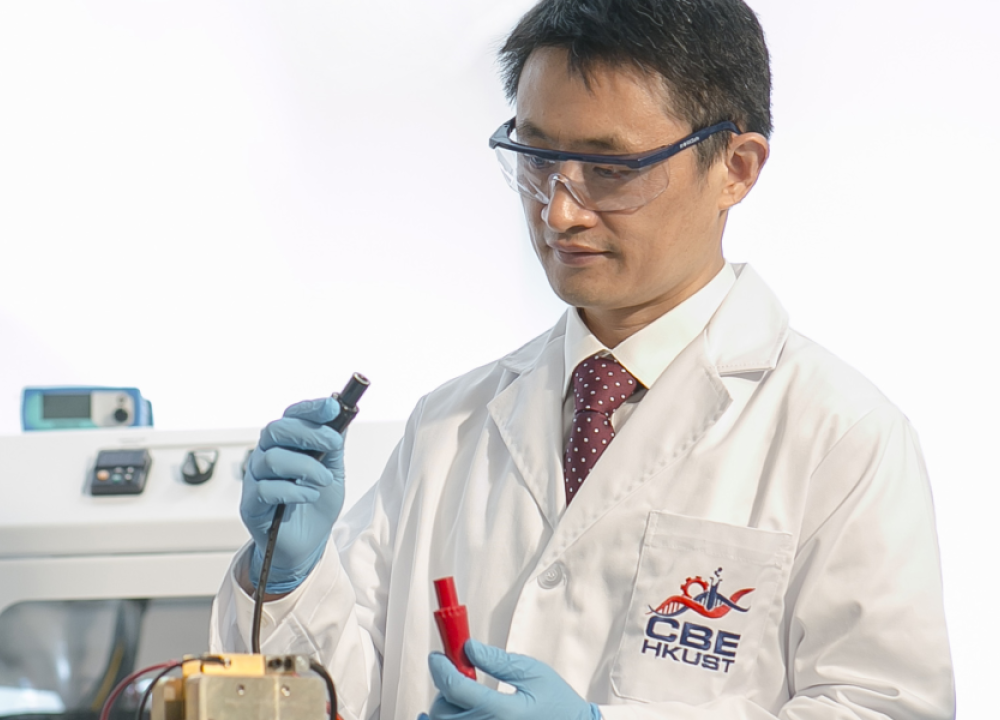
News
HKUST Develops World’s Most Durable Hydrogen Fuel Cell
Researchers at The Hong Kong University of Science and Technology (HKUST) have developed a new hydrogen fuel cell which is not only the world’s most durable1 to date, but is also more cost-effective, paving way for a wider application of green energy in the pursuit of a carbon neutral world.Hydrogen fuel cell is a promising clean energy option as it generates power by converting hydrogen and oxygen into electricity, with zero emission of carbon dioxide, particulate matters and other air pollutants that may cause smog and other health problems. Despite its environmental benefits and years of development, hydrogen fuel cell was still not widely commercialized. That is because its power generation depends heavily on an electrocatalyst - which is largely made up of the expensive and rare metal platinum.
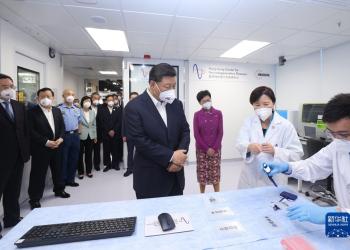
News
President Xi Visits HKUST’s Hong Kong Center for Neurodegenerative Diseases
President XI Jinping made an official visit to the Hong Kong Center for Neurodegenerative Diseases (HKCeND) at the Hong Kong Science and Technology Park yesterday in the company of officials from the Central Government and the HKSAR Government. Prof. Nancy IP, Director of HKCeND and The Morningside Professor of Life Science at The Hong Kong University of Science and Technology (HKUST), introduced President Xi to the key research projects and outcomes of the Center, including a simple blood test for early detection and classification of Alzheimer’s disease (AD) and related stem cell research.









